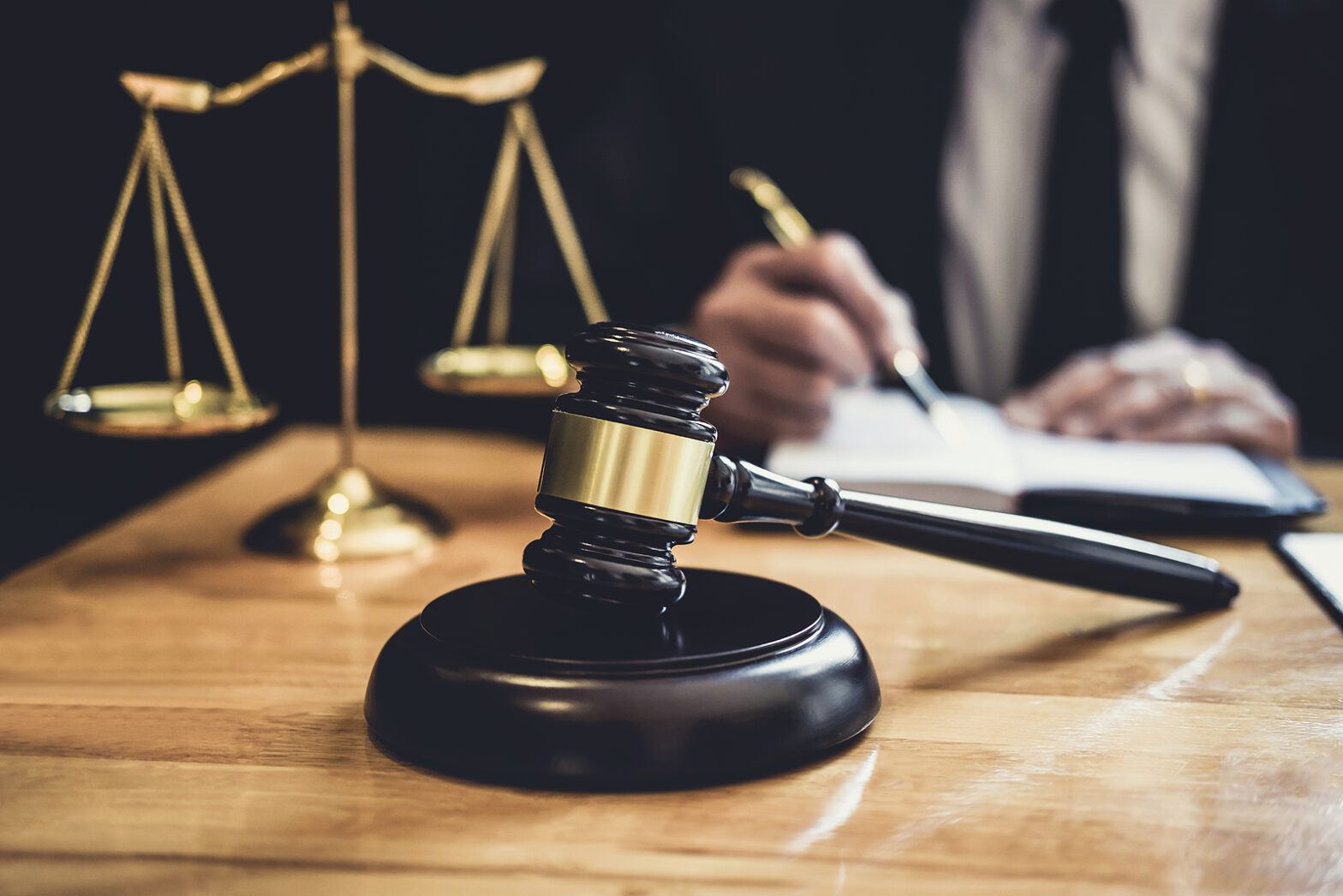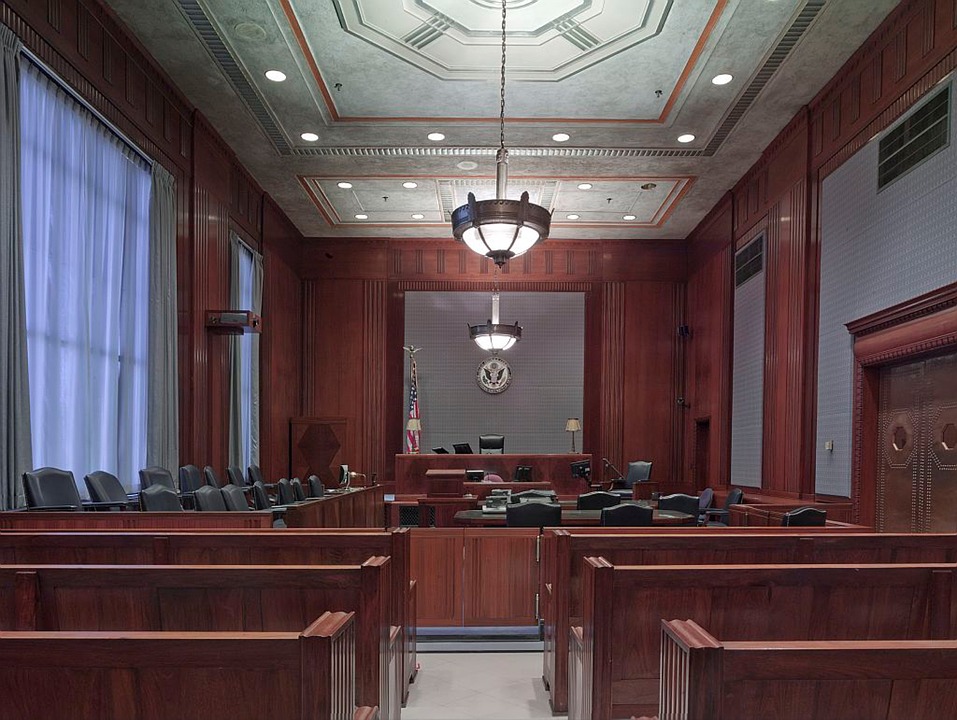Court Must Hold Evidentiary Hearing For Potential Brady Violation If Witheld Evidence Conflicts With Prosecution’s Theory At Trial
On November 5, 2009, in Williams v. Ryan, the Ninth Circuit Court of Appeals held that a defendant who is convicted after the prosecution’s suppression of material exculpatory evidence must have an in-court evidentiary hearing to determine whether the defendant requires a new trial.
In 1992, appellant Aryon Williams was charged with the 1990 first degree murder of his ex-girlfriend DeLao, and the subsequent robbery and attempted murder of Norma Soto, a woman who had spread rumors that Williams killed DeLao. Williams’ girlfriend at the time, Deloney, testified against him, stating that Williams admitted to killing DeLao two weeks after she died. The prosecution also introduced evidence that, prior to DeLao’s death, Williams set fire to her car, fired shots into her apartment, and slashed her tires.
Williams testified that he admitted to Deloney that he kicked DeLao, but that William’s friends who were with him at the time killed Deloney. He denied all charges.
The jury convicted Williams of all three counts and he was sentenced to death. Williams filed two petitions in state court. After those petitions were denied, Williams filed a petition for habeas corpus in federal court.
In 1997, the state attorney general released letters to Williams from a would-be informant, Beverly Sweat, who in 1991 offered to supply information to the government against Williams in return for a reduction in her sentence. The letters stated that Williams had acquired information from another inmate, Yolanda McKaney, that Williams had paid Patrick Fields to kill DeLao, and that another person, Milton Barnett, was also to be involved in killing her. The letters also stated that McKaney had seen Fields on the day of the murder with blood on his clothes, and that Fields told McKaney that Williams had paid him to kill DeLao.
Williams’ counsel investigated the statements in the letter and secured declarations from McKaney, Barnett, and Fields. McKaney’s declaration stated that she saw Fields at around the time of DeLao’s murder and around the area where police found her burned, abandoned vehicle. McKaney’s declaration stated that she saw Fields take off his bloody shirt, throw it in a dumpster, and burn the contents of the dumpster.
Barnett’s declaration stated that he saw a shirtless Fields throw something into a dumpster and burn it. Barnett then confronted Fields about the incident and Fields fled.
Field’s declaration stated that he was in custody on the date of DeLao’s murder. The state attorney general later admitted that Fields was not in custody on that date.
After the state court denied his first request for an extension of time to file and refused to hear Williams’ claim, Williams went back to federal district court. The district court held that the state’s court’s refusal to grant a first extension of time in a capital case was error. Thus, the district court had jurisdiction to adjudicate Williams’ claim of prosecutorial suppression of material exculpatory evidence (called a Brady claim).
In order to succeed in a Brady claim, the defendant must prove (1) that favorable exculpatory or impeachment evidence for the defendant existed, (2) the prosecution willingly or negligently suppressed the evidence, and (3) the defendant was prejudiced by the suppression, meaning that if the evidence was disclosed to the defendant prior to trial, a reasonable probability existed that a more favorable outcome would have resulted for the defendant.
The district court held that defendant was not prejudiced by the failure to disclose because the evidence was not “material,” meaning that the letters and declarations did nothing to undercut the prosecution’s theory at trial. Even if the letters indicated that Fields was the one who actually killed DeLao, Sweat stated that Williams paid Fields to have her killed, which are acts sufficient to constitute first degree murder liability for either Fields or Williams. Also, the letters did not contradict Williams’ confession to Deloney that he killed DeLao.
The Ninth Circuit reversed, holding that evidence of the existence of another perpetrator was material and should have been disclosed to the defense. The prosecution’s case was premised on Williams being solely responsible for the murder, and the existence of another suspect would have given Williams evidentiary support for the proposition that Fields was solely responsible for DeLao’s death.
The court of appeals noted that the letters led to declarations by two additional witnesses, McKaney and Barnett, who both implicated only Fields in the DeLao’s murder. Sweat’s statement that Williams paid Fields to murder DeLao could have been subject to attack based on bias: Sweat sought a sentence reduction and knew that the prosecution was pursuing a case against Williams, and therefore had ample motivation to tell officers what she thought they wanted to hear regarding Williams’ alleged culpability. In contrast, McKaney and Barnett had no known motivation to falsely implicate Fields.
The Ninth Circuit remanded to the district court so that it could hear live testimony from Fields, McKaney, Barnett, Sweat, and others to determine whether defendant must have a new trial.
If you have been convicted of a crime and later determine that the prosecution may have suppressed or concealed important evidence, call a Southern California appellate attorney right away to determine whether your rights have been violated. At Wallin & Klarich, we have helped people convicted of a variety of crimes, including murder. Call us today at (888) 280-6839. We will be there when you call.



